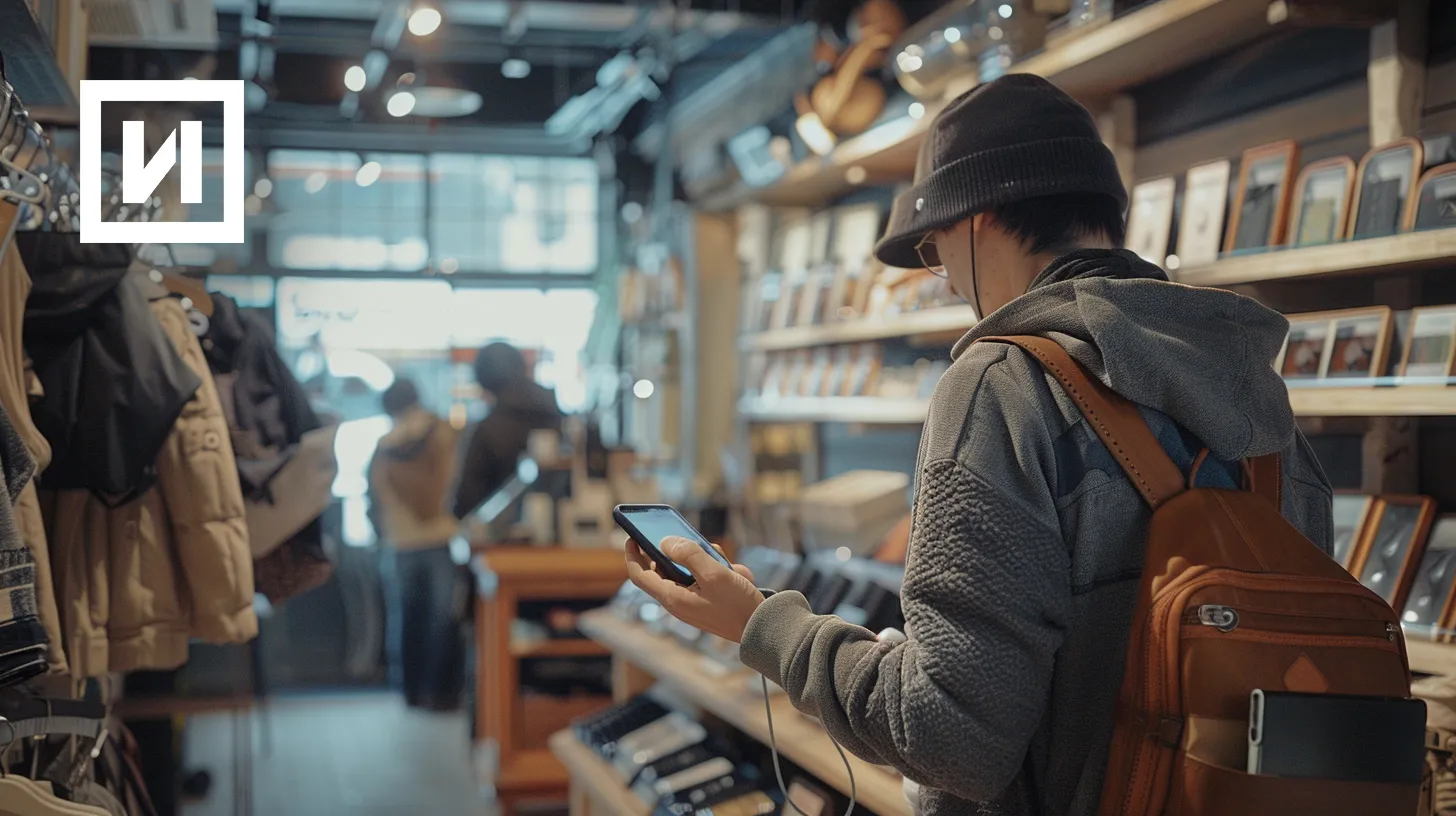Why is Personalization Your Secret Weapon in E-commerce?

Hey there, fellow entrepreneurs and dreamers! It's M here, your trusty e-commerce guide and passionate advocate for small business success. Today, I'm excited to delve into a topic that's both essential and captivating: "The Profound Impact of Personalization in E-commerce." So, grab your favorite beverage, get cozy, and let's embark on this enlightening journey together!
In today's competitive e-commerce landscape, personalization is not just a buzzword—it's an indispensable strategy that can make all the difference. By understanding the significance of personalization and implementing it effectively, you have the power to create a truly remarkable online shopping experience for your customers.
Personalization is the art of creating a customized and meaningful interaction between your brand and each customer. It's about tailoring your marketing, product recommendations, and overall customer journey to resonate with their unique needs, preferences, and behaviors. This approach fosters a sense of connection, trust, and loyalty that keeps customers coming back for more.
Personalization: Not Just a Buzzword, But a Business Game Changer
Personalization in e-commerce is not just a trend; it's a necessity in today's digital marketplace. A study by McKinsey revealed that 78% of shoppers in 2021 were willing to pay more for brands offering personalized experiences. This statistic alone underscores the significant impact personalization can have on your e-commerce business.
- Increased Conversions and Sales: Personalization can lead to a 20% increase in sales opportunities. It helps customers cut through the clutter, offering them exactly what they're looking for, thus boosting sales.
- Improved Customer Experience: Personalized product recommendations and promotions help customers make decisions more easily. Nearly 40% of shoppers have left an online store overwhelmed by too many options. Personalization can simplify their choices.
- Enhanced Customer Loyalty: Personalization improves the shopping experience, leading to brand loyalty. Satisfied customers are more likely to make repeat purchases and recommend your business to others.
- Increased Average Order Size: Personalization encourages customers to purchase more by displaying items based on their past purchases and search history.
- Better Understanding of Customers: The data collected provides insights into customer behavior, preferences, and buying habits, allowing for more effective personalization strategies.
- Competitive Advantage: In a crowded e-commerce space, personalization can set your website apart, making customers more likely to become brand advocates.
- Increased Engagement: A personalized e-commerce website can significantly enhance customer engagement, making the shopping experience interactive and centered around the customer's needs.
- More Traffic to Your Store: Personalized experiences can increase both website traffic and conversions.
So, how can you implement personalization in your e-commerce store? Here are a few strategies to get you started:
- Leverage Customer Data: Collect and analyze customer data, such as their browsing history, purchase behavior, and preferences. Use this information to create personalized product recommendations, targeted email campaigns, and customized offers.
- Segment Your Audience: Divide your customers into different segments based on shared characteristics or behaviors. This allows you to tailor your marketing efforts and provide more relevant content and offers to each segment.
- Use Dynamic Content: Implement dynamic content on your website that changes based on a customer's profile. This could include personalized greetings, product recommendations, or special promotions that are relevant to them.
- Provide Exceptional Customer Service: Personalize your customer service interactions by addressing customers by name, referencing their previous purchases, and offering prompt and helpful support.
Personalizing the Customer Experience: Strategies for Success
In a highly competitive market, businesses seek innovative methods to differentiate themselves and provide a distinctive and unforgettable experience for their customers. Personalization has demonstrated its efficacy as a strategic approach to accomplish this objective. Through personalization, businesses can customize their interactions with customers, ensuring relevance and significance.
- Start small and build gradually. One of the best ways to get started with personalization is to begin with small, simple steps. This could involve using customer names in emails, adding personalized product recommendations to your website, or creating personalized landing pages for different segments of your audience. As you become more comfortable with personalization, you can gradually expand your efforts and experiment with more advanced techniques.
- Use data wisely to drive personalization. Data is the key to effective personalization. By collecting and analyzing customer data, you can gain valuable insights into their preferences, behaviors, and needs. This information can then be used to create personalized experiences that are tailored to each customer.
- Test and learn: experiment with different personalization strategies. The best way to determine what personalization strategies work best for your business is to test and learn. Experiment with different approaches, such as using different types of personalization data, targeting different segments of your audience, and testing different messaging and design elements. By continually testing and learning, you can optimize your personalization efforts and achieve the best possible results.
- Keep it real: personalization should feel genuine and authentic. One of the most important things to remember when personalizing the customer experience is that it should feel genuine and authentic. Customers can spot a sales tactic from a mile away, so it's important to avoid being too pushy or promotional. Instead, focus on creating personalized experiences that are helpful, relevant, and informative.
Tools and Tricks of the Trade
Now, let's talk about some tools and resources that can help you personalize like a pro:
- AI and Machine Learning Platforms: These can analyze customer data and predict buying patterns. Check out platforms like Adobe Sensei.
- CRM Software: Tools like Salesforce help manage customer interactions and data throughout the customer lifecycle.
- Email Marketing Tools: Platforms like RightMessage and ClickFunnels offer personalized email marketing campaigns.
- Analytics Tools: Google Analytics is a great start for understanding customer behavior on your site.
- Chatbots and Virtual Assistants: Check out BotBuilders to provide personalized assistance to customers in real-time.
In conclusion, personalization in e-commerce is more than a strategy; it's a necessity for staying competitive and relevant in today's market. By understanding and implementing these practices, you can significantly enhance your customer's shopping experience, leading to increased loyalty, sales, and business growth.




